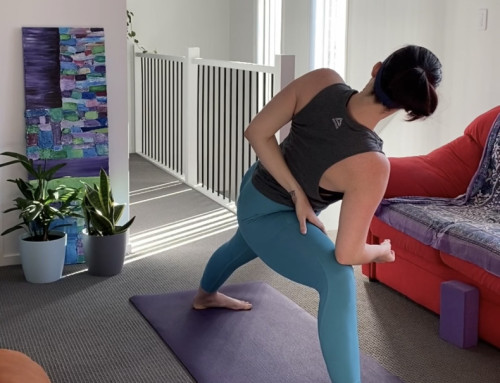No matter who you’re talking about – friend, partner, housemate, family member – there is a certain level our relationships are at right now in a time of isolation, uncertainty, change, and quarantine. You might live with them, or be in contact virtually. Chances are there’s a certain ‘way’ that relationship is, that has become the norm, that you both unconsciously agree to. It might be a dynamic where you don’t really talk about why one of you have been triggered by the other about something, but nothing is explicitly stated or shared. You just notice the reaction, and neither of you ask about it or where it comes from.
There is one way to invite this dynamic to open up in how you relate, but here’s the catch:
It’ll take one of you to take the first step.
Ever think about that relationship you’re in and realise one of you had to, at some point, ask the other “hey, what about this?” Same thing.
If you’re finding that there’s a stagnation in how you relate to another, like there’s a ceiling of connection you’ve both reached and you don’t explore topics about other things or each other because it’s simply ‘not what you do’, you might like to try getting curious.
Instead of calling someone out on their reaction or opinion, and instead of getting defensive or argumentative yourself, what would happen if you asked them with curiosity “what is it about that *thing* that makes you feel that way?”
What it opens up can be two-fold. First, it subconsciously gives permission to the dynamic to explore these different things about each other, whereas previously that may not have been so. Second, it makes them feel like you’re interested in getting to know them, regardless of whether the matter at hand is about a dispute or simply a sense of boredom due to being in COVID-isolation together.
When we take the first step in inviting a different sense of curiosity or languaging into our relationships, we give permission for them to do the same. It can feel scary if you’re really overthinking it, because we don’t know how they’ll respond, whether it’ll feel awkward, or even be rejected on some level. But you don’t know unless you try.
When we show the other person in the dynamic we’re actually interested in getting to know them (even if we’ve known them for years already), it can help to strip away agitation and help them to feel acknowledged – and why wouldn’t we want those we love and care for to feel that?
If you can get past the “why do I have to do it first?” block, you might be surprised to see the difference it makes in how that relationship grows and the things you can explore in it.
Article originally published on Thrive Global.






